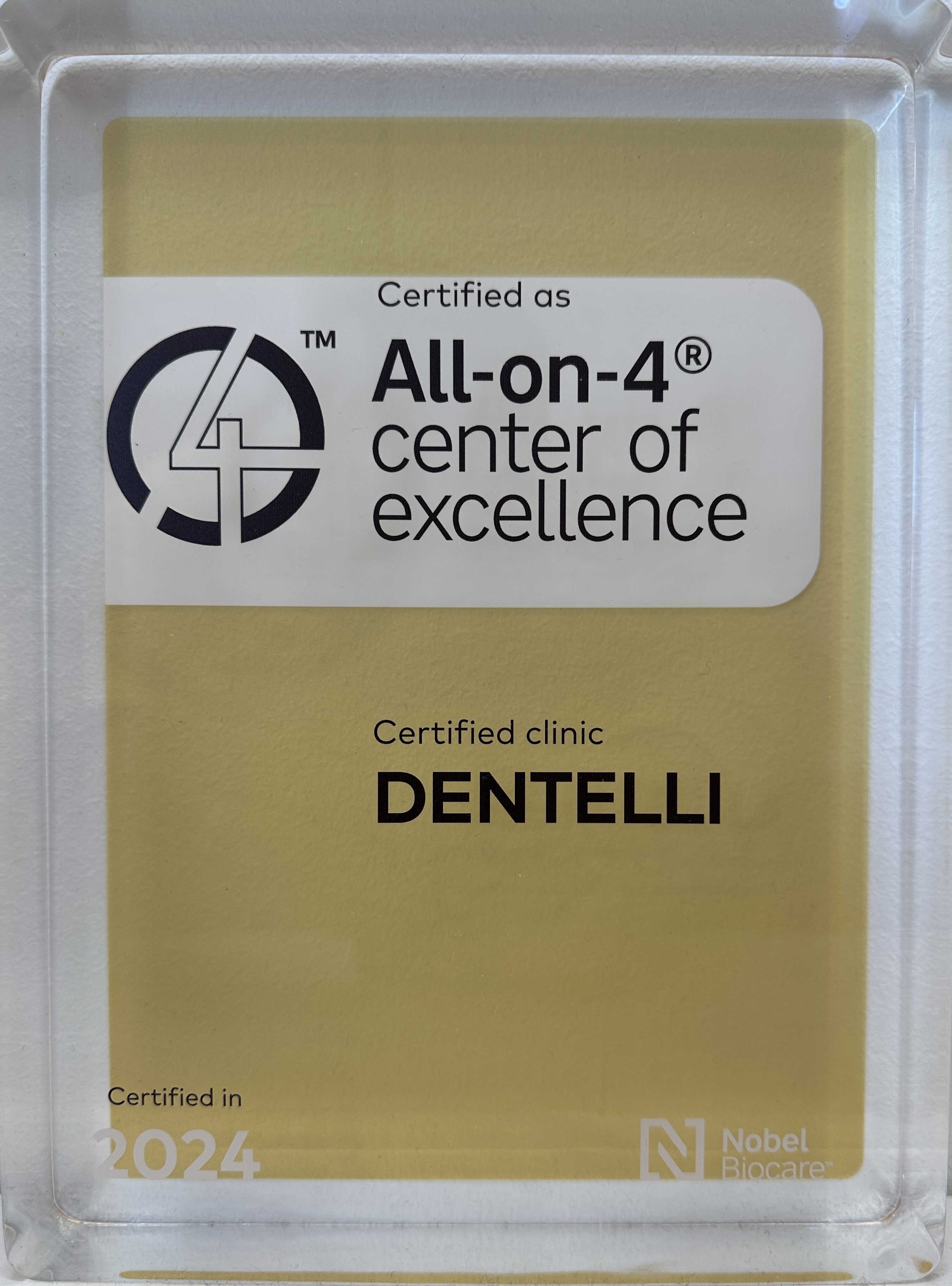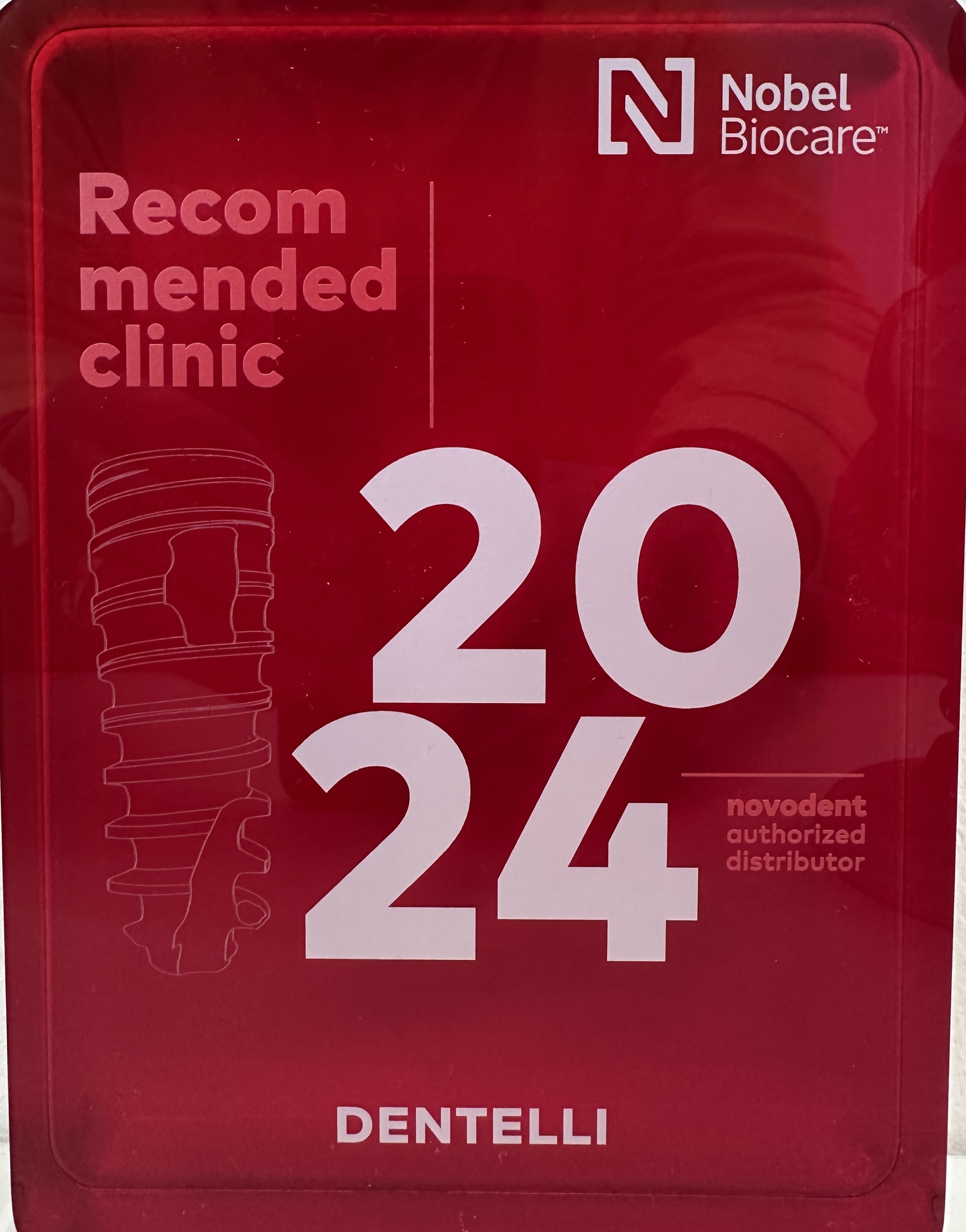3D Intraoral Scan
- Duration: 1 hour
- A detailed scan creates a precise digital plan for your implants.
Take a 24-hour rest period to relax and explore Split! Use this time to stroll the stunning Riva promenade, visit Diocletian’s Palace, or enjoy a meal at a seaside restaurant.











